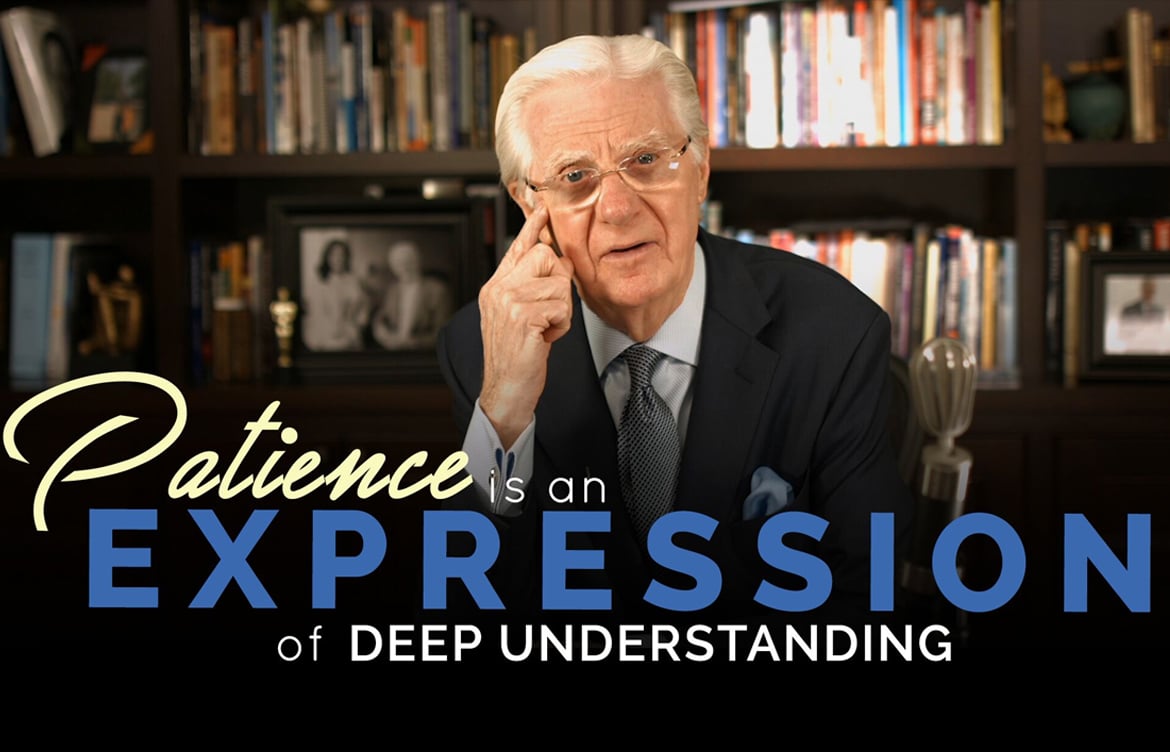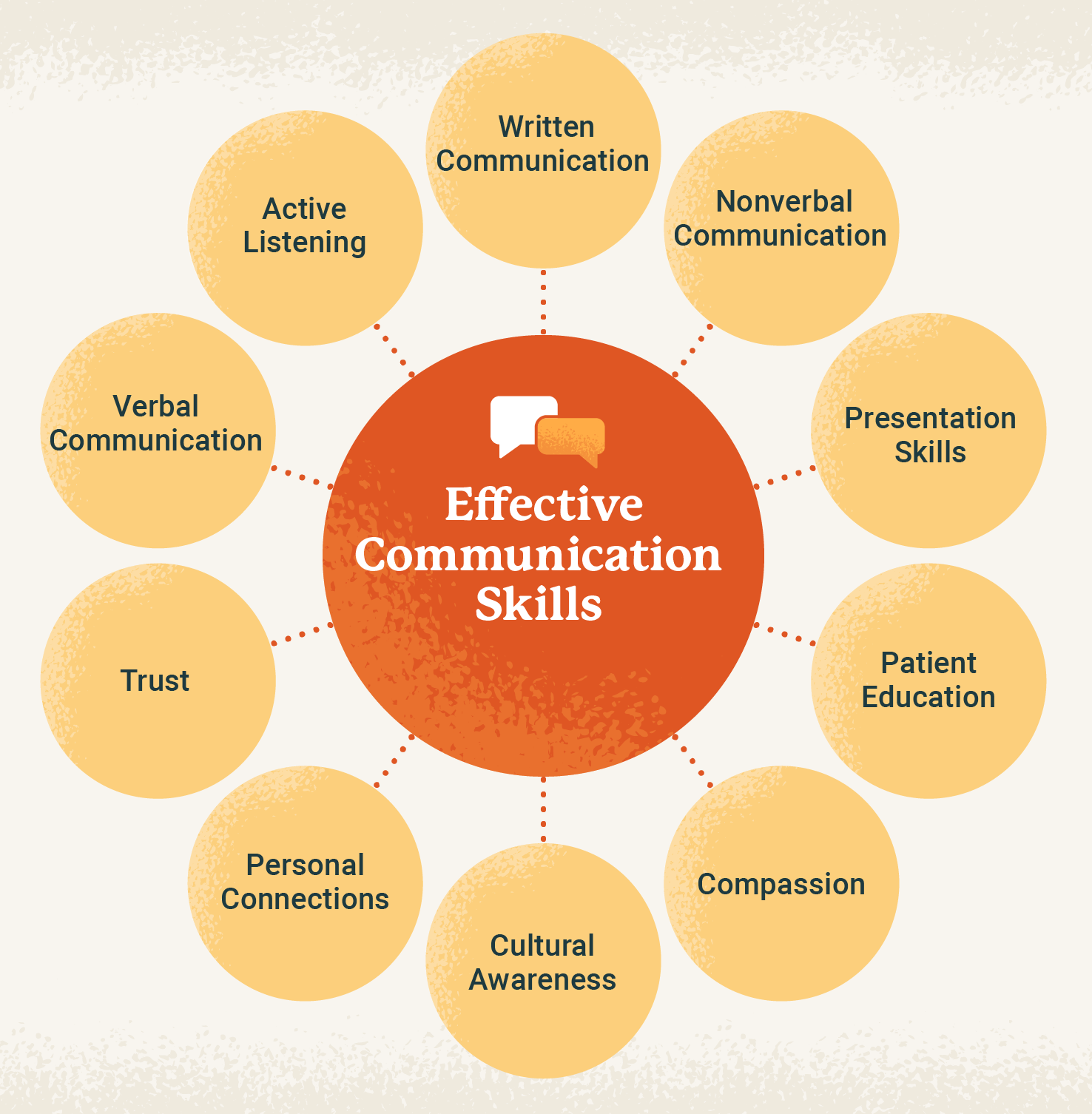The Role of Patience in Effective Communication and Relationship Building
Effective communication is an essential skill that plays a vital role in building strong relationships, both in personal and professional settings. It involves the exchange of information, thoughts, and ideas among individuals, leading to better understanding, collaboration, and harmony. However, communication can sometimes be challenging, and that’s where the role of patience becomes crucial.
The Importance of Patience in Communication

When we communicate with others, we may encounter different perspectives, opinions, and emotions. It is during these moments that patience plays a significant role. By practicing patience, we allow ourselves and others the time and space needed to express thoughts and feelings without rush or interruption.
Patience enhances active listening, which is a fundamental aspect of effective communication. By being patient, we show respect and empathy towards the person speaking. We allow them to express themselves fully, without feeling interrupted or judged. This creates a safe and open environment for dialogue, fostering trust and building stronger relationships.
Benefits of Patience in Communication

1. Enhanced Understanding
When we practice patience in communication, we give ourselves the opportunity to truly understand the other person’s point of view. By actively listening and being patient, we can grasp the underlying meaning behind their words, leading to better comprehension and empathy.
2. Conflict Resolution
Patience is key when it comes to resolving conflicts in communication. By remaining calm and patient, we avoid engaging in heated arguments or hasty responses. Instead, we can approach conflicts with a level-headed mindset, seeking mutually beneficial solutions and compromises.
3. Building Trust
Trust is the foundation of any strong relationship. By practicing patience in our communication, we create an environment that encourages openness and honesty. When people feel heard and understood, they are more likely to trust and confide in us, leading to deeper connections and stronger bonds.
4. Strengthened Collaboration
Patience helps foster collaboration and teamwork. When we practice patience, we ensure that everyone’s thoughts and ideas are given equal consideration. This inclusivity promotes a sense of belonging and encourages active participation, leading to more effective and productive collaboration.
Tips for Cultivating Patience in Communication
Patience may not come naturally to everyone, but it can be developed through practice and awareness. Here are some tips to cultivate patience in your communication:
- Practice active listening: Give your full attention to the speaker without interrupting or formulating responses in your mind.
- Pause before responding: Take a moment to process what the other person has said before formulating your reply. This allows for more thoughtful and considered responses.
- Show empathy: Put yourself in the other person’s shoes and try to understand their perspective. Empathy helps create a supportive and understanding environment.
- Manage your emotions: Recognize and manage your own emotions, especially in situations where communication may be challenging or frustrating. Take deep breaths and maintain a calm demeanor.
- Practice self-reflection: Reflect on your own communication patterns and identify areas where impatience may arise. Awareness is the first step towards change.
- Develop a growth mindset: Embrace the idea that patience is a skill that can be developed with practice. Approach each communication opportunity as a chance to improve your patience.
Frequently Asked Questions
Q: How can patience improve my communication skills?
A: Patience allows you to actively listen, understand different perspectives, and respond thoughtfully. It helps create a safe and open environment for dialogue, leading to better communication and stronger relationships.
Q: Is patience important only in professional settings?
A: No, patience is essential in both personal and professional settings. Effective communication is necessary in all aspects of life, and patience plays a crucial role in building and maintaining strong relationships.
Q: Can impatience hinder effective communication?
A: Yes, impatience can hinder effective communication. It may lead to misunderstandings, arguments, and a breakdown in relationships. By practicing patience, we can avoid these negative consequences and promote positive and productive communication.
Q: How can I remain patient when facing challenging communication situations?
A: Remaining patient in challenging communication situations requires self-awareness and self-control. Take deep breaths, listen attentively, and focus on understanding rather than immediate reaction. Remember that patience is a skill that can be developed with practice.
In conclusion, patience is a valuable asset in effective communication and relationship building. By practicing patience, we enhance our understanding, resolve conflicts, build trust, and strengthen collaboration. Cultivating patience takes time and effort, but the benefits it brings to our communication skills and relationships are immeasurable.

I enjoy reading, writing, traveling, and learning new languages. I am also interested in learning about different cultures.